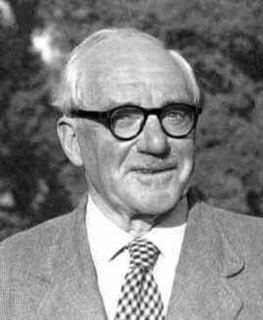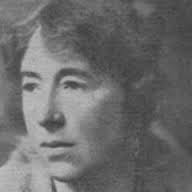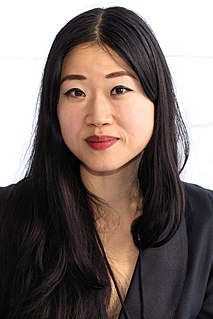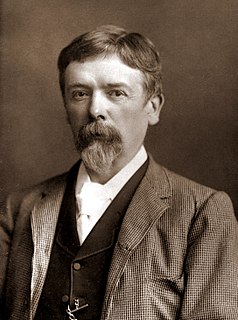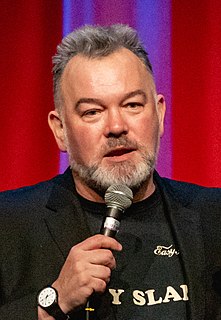A Quote by G. H. Hardy
I was at my best at a little past forty, when I was a professor at Oxford.
Related Quotes
And now I am eking out my days in my corner, taunting myself with the bitter and entirely useless consolations that an intelligent man cannot seriously become anything; that only a fool can become something. Yes, sir, an intelligent nineteenth-century man must be, is morally bound to be, an essentially characterless creature; and a man of character, a man of action - an essentially limited creature. This is my conviction at the age of forty. I am forty now, and forty years - why, it is all of a lifetime, it is the deepest of old age. Living past forty is indecent, vulgar, immoral!
In the past few months I've become religious, I've started to believe in god, creationism and intelligent design, and the reason that I now believe in god and creationism and intelligent design is because of Professor Richard Dawkins. Because when I look at something as complex and intricate and beautiful as Professor Richard Dawkins, I don't think that just could've evolved by chance! Professor Richard Dawkins was put there by god to test us, like fossils. And facts.

